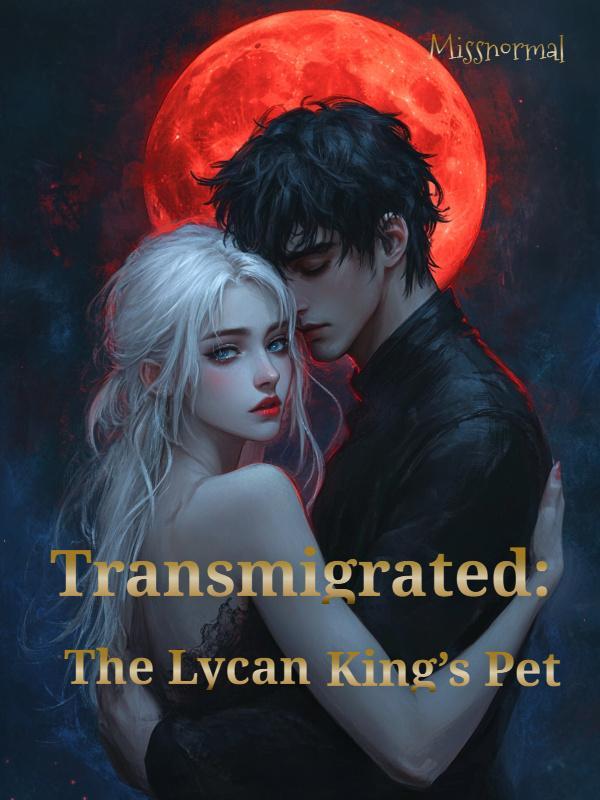Carrying a Jurassic on me-Chapter 1346 - 656: Let the Professionals Handle Professional Matters
Chapter 1346: Chapter 656: Let the Professionals Handle Professional Matters
As I mentioned before, Provincial City’s leather factory is also an old factory.
An old factory signifies a longstanding brand, but now, with the rise of the internet and economic development, old brands are no longer as popular. The reason is well known by everyone, today’s youth prefer using brands that seem foreign.
What "seem" means is that everyone clearly understands that the products are locally made, and they might even be made by the neighbor next door, Old Wang from Wang Family’s house, whose child Gou Dan went out to work. But as long as the brand sounds a bit foreign and hangs up a label like "joint venture with a certain country" or "authorized agency," it becomes especially popular.
Some so-called famous foreign brands are probably just manufacturing companies paying some money to agency companies to register a brand overseas, which even the foreigners haven’t heard of.
The old factory inevitably has the kind of issues old factories have, such as the most directly felt by Yan Fei: the problem of rigid management.
Even though I supply you with better raw materials than other places, you still insist on grading them according to your standards and set a fixed price based on your grading. Even though the leather has always been supplied to the Morning Glory Cattle Farm at the highest grade price, Yan Fei is still not satisfied.
Some unknown dealer comes knocking at your door to purchase goods at a price higher than yours, and you still dare say yours is the highest grade price? What’s more infuriating is that as the supply quantity in the farm increases, the factory side is actually contemplating buying on credit.
I really can’t tolerate this!
As the family business grows, Yan Fei has come to realize why those old factories keep expanding? While it’s for development, sometimes it’s also out of necessity.
Just like some large organizations or enterprises that build their own hospitals unrelated to their main business.
Some expansions are not blind; they’re partly out of necessity. The medical expenses for employees of one’s own organization or enterprise need to be reimbursed, but now when you go to the hospital, they often ask, "Are you reimbursing or not?"
This question is very clear—if put bluntly, an illness that could be cured for ten bucks without reimbursement might cost a hundred or even more with reimbursement.
Some even make money off this opportunity—if you have some "internal connections," you could go to the hospital, get some expensive medicine prescribed, and then sell it off for money.
For an organization or enterprise, it might as well set up its own hospital. At least the management can be stricter and everything can be kept within a controllable range.
Or take schools, for instance, why would the fertilizer plant in Tanghe County set up a kindergarten?
Because with a kindergarten, the workers who are both working can rest assured and focus on their jobs. Otherwise, if the factory wants to add a shift, when it’s time, wouldn’t the workers have to leave to pick up their kids? What do you do then?
Only with its own kindergarten can it operate freely, not only reassuring the parents but also being very flexible with time—paying a few individuals a bit more can lead to everyone in the factory working at ease, definitely worth it!
Besides, like hospitals and kindergartens, if managed well, not only can they enhance the cohesiveness of the enterprise, but making money from them is not a big issue—education and healthcare are very easy sectors to make money in. In several years, hospitals will become places where ordinary people dare not enter; it’s quite normal for a substitute teacher in a small city to buy several apartments by running tutoring classes.
Of course, if Yan Fei were to establish a leather processing factory, it wouldn’t be the same. He has his own raw materials and only needs to purchase relevant equipment and hire some professionals, aiming to maximize the benefits from his own raw materials.
For now, he hasn’t prepared for this as he’s about to face the college entrance exam. For Boss Yan, who has "grand ambitions," schooling is an indispensable and crucial part of his plans, and he must ensure it’s foolproof.
After Yan Fei had arranged everything for the tannery, he had already brought over some materials. The eager old researcher immediately came over, respectfully and somewhat proudly placing his work in front of Boss Yan, "Boss, this is my recent research material."
"Look, this is about herbivorous dinosaurs. The focus is on the most common hadrosaur, and the contents are conclusions I’ve drawn from field observations. And this..."
Before he could finish speaking, Yan Fei, who had just read a few lines, impatiently interrupted him, "This thing you’ve written, do you think, can I publish it? Would others say I’m talking nonsense?"
At this stage, the worldwide research on dinosaurs is merely through some fossils, then inferring the dinosaur’s build. Based on existing species and the climate environment during the ancient dinosaur era, they conduct some speculative studies—including the ancient climate environment, which is also inferred; after all, who has personally experienced the ancient environment, right?
Under such circumstances, writing such detailed descriptions of their living habits, confidently stating what it eats and what it doesn’t, how it survives and reproduces, isn’t it nonsense to publish such an article?
Yes, what you are saying is true, the content is what you observed from the fence of the ranch with a telescope. But will people believe it? When Darwin published the Theory of Evolution, didn’t it also cause a huge stir, and many people scoffed at his views?
This chapter is updat𝙚d by f(r)eew𝒆bn(o)vel.com







